Syrian missile hit near Dimona nuclear site showed Israel's vulnerability in asymmetrical war: Analyst
A political analyst and former American diplomat says the landing of a Syrian missile near the top-secret Dimona nuclear site in the southern part of the Israeli-occupied territories reveals the fact that US-built armament and military systems cannot protect the Tel Aviv regime in case of an asymmetrical wear.
“It would seem more reasonable to imply that Israel is no longer all-powerful, despite its extremely close ties to the US. American weapons cannot protect it from asymmetric warfare,” J. Michael Springmann told Press TV in an exclusive interview on Saturday.
He noted that the occupied Palestinian territories, ever since Israel was created back on May 14, 1948, had not come under attack by anything other than rockets developed indigenously by Palestinian resistance groups, emphasizing that the missile launch was in response to incessant Israeli acts of aggression against crisis-hit Syria.
“It would be more reasonable to speculate that Syria, because of near constant Israeli attacks, finally decided to strike back,” the commentator highlighted.
Springmann also dismissed accounts by certain Western media outlets that the projectile launched from Syria was an “errant” anti-aircraft rocket, underlining that a loud explosion was heard in Jerusalem al-Quds, situated 150 kilometers (93 miles) away from Dimona nuclear reactor.
“A small anti-aircraft rocket doesn’t have that much capability,” he said.
“Whatever the type of projectile, Israel’s US-supplied Iron Dome and Patriot missile defenses were somehow unable to defend [the regime] against a wayward air defense rocket,” Springmann commented.
Early on Thursday, a Syrian surface-to-air missile landed near Israel’s top-secret nuclear reactor, triggering warning sirens in the Negev Desert.
The Israel army failed in its attempt to intercept the missile using its air defense systems, according to the Jerusalem Post daily newspaper.
The Israeli military said that in response to the launch, it attacked several missile batteries on neighboring Syria.
Syria’s official news agency SANA said its air defenses intercepted the Israeli attack in the Damascus suburbs.
“Air defenses intercepted the rockets and downed most of them,” the agency said.
Israel has tightly withheld information about its nuclear weapons program, but the regime is estimated to be keeping at least 90 nuclear warheads in its arsenal, according to the non-profit organization Federation of American Scientists (FAS).
The warheads, FAS said, had been produced from plutonium obtained at the Dimona facility’s heavy water reactor.
Dimona, which is widely believed to be key to Israel’s nuclear arms manufacturing program, was built with covert assistance from the French government and activated sometime between 1962–1964, according to reports.
Israel has acknowledged the existence of the Dimona nuclear reactor, but neither confirms nor denies the purpose of the nukes manufacturing facility.
Environmentalists have warned that Dimona — one of the world’s oldest nuclear facilities — could pose grave environmental and security threats to those living in the area and to the entire Middle East, calling on the regime to shut down the complex.
Turning a deaf ear to international calls for nuclear transparency, the Tel Aviv regime has so far refused, with the US’s invariable support, to join the Non-Proliferation Treaty (NPT) that is aimed at preventing the spread of nuclear weapons.
At least 40 Palestinian journalists being held in Israeli prisons: Advocacy group
US delivers more F-35 jets to Israeli regime despite Gaza truce violations
Blair distances himself from Trump’s $1bn ‘Board of Peace’ fee
US Justice Department refuses probe into killing of Minneapolis mother
VIDEO | Israel Gaza ceasefire violations
VIDEO | Gaza Solidarity Forum in Damascus calls for boycott of Israel over Gaza genocide
VIDEO | London memorial event highlights Gaza genocide
VIDEO | Press TV's news headlines


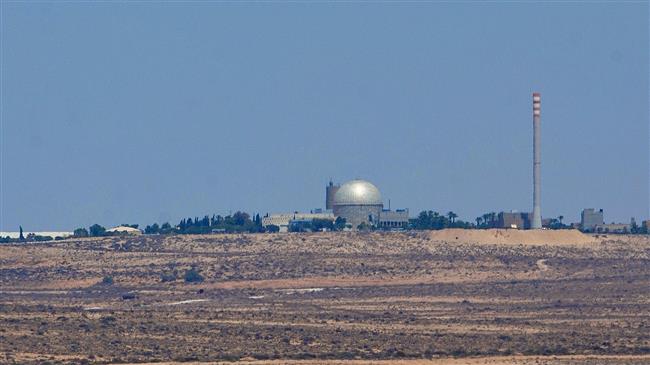


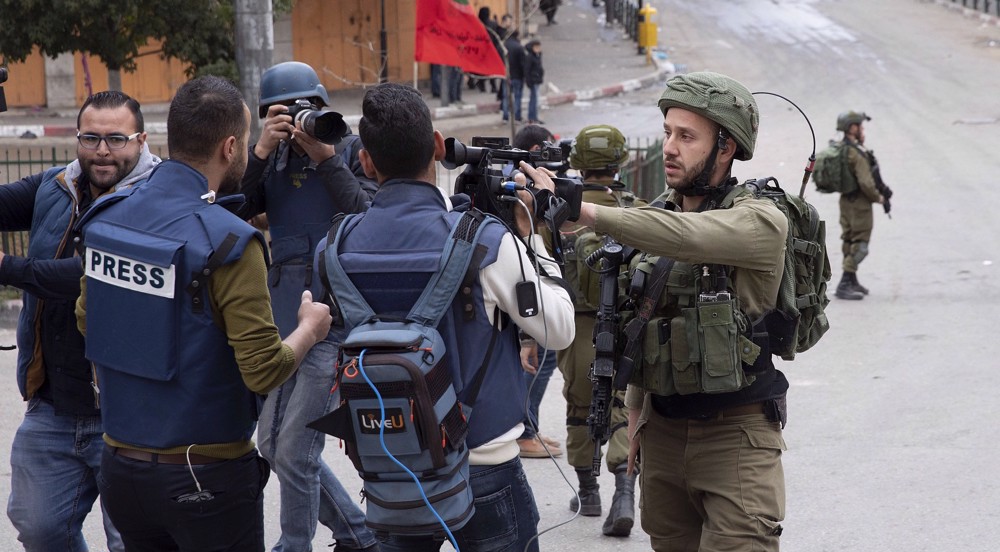
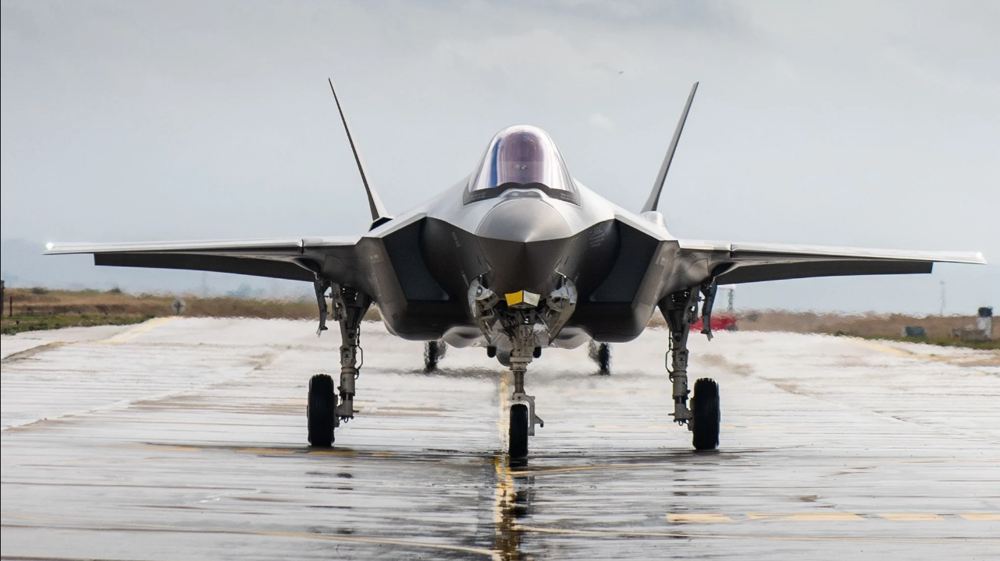




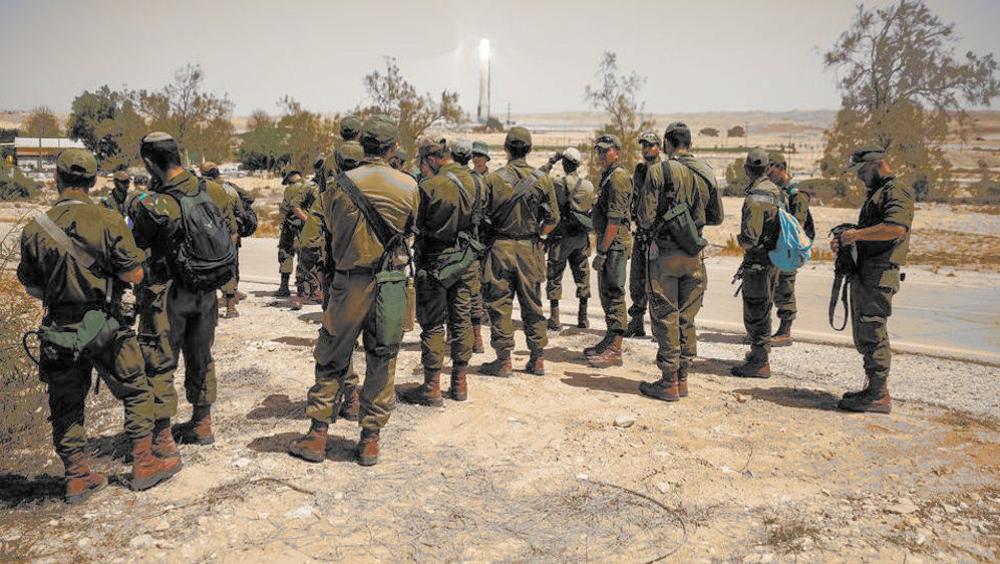
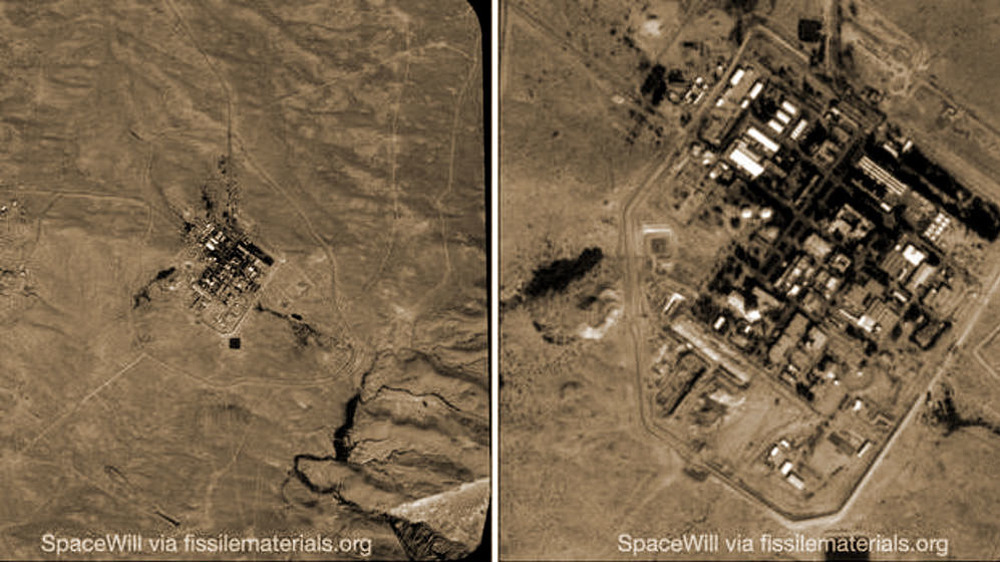
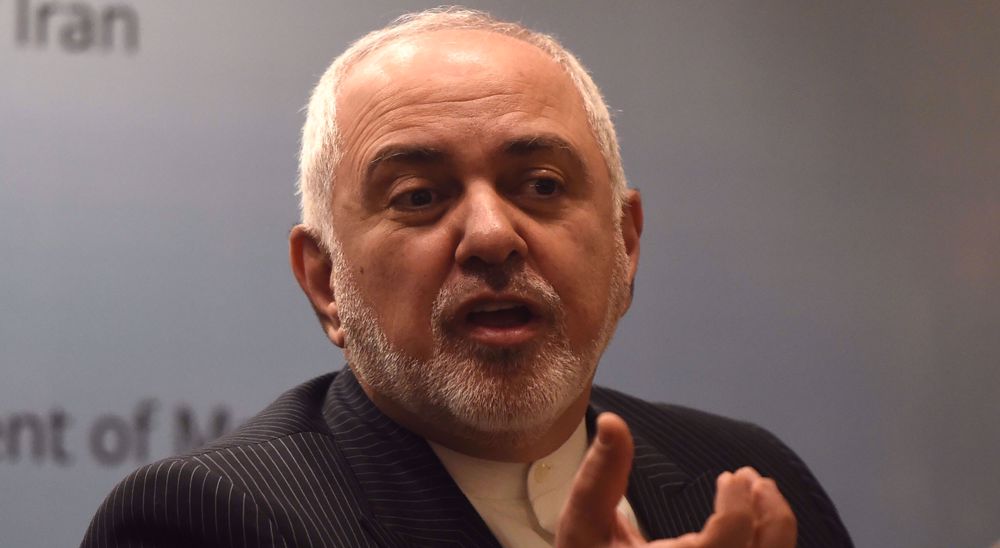
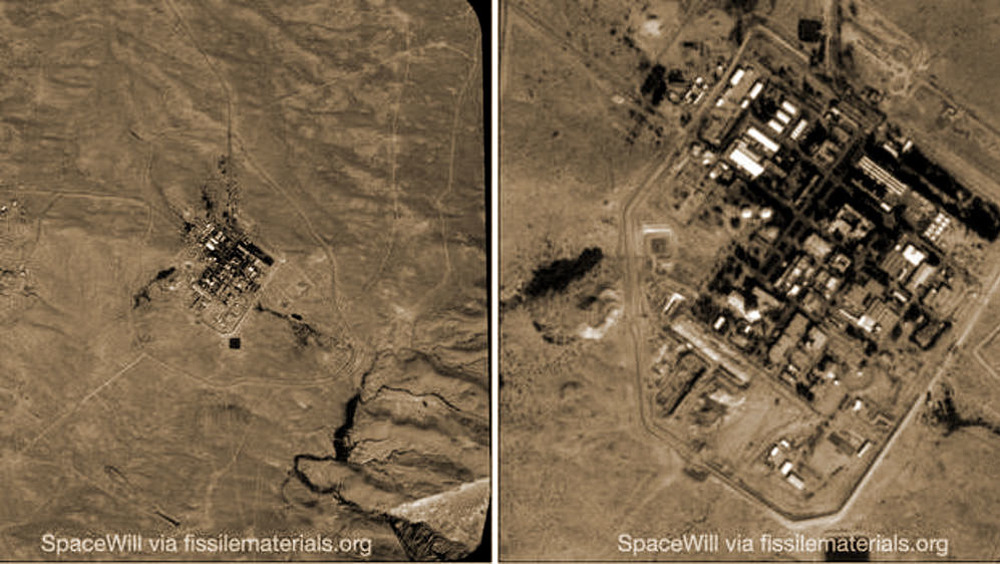

 This makes it easy to access the Press TV website
This makes it easy to access the Press TV website